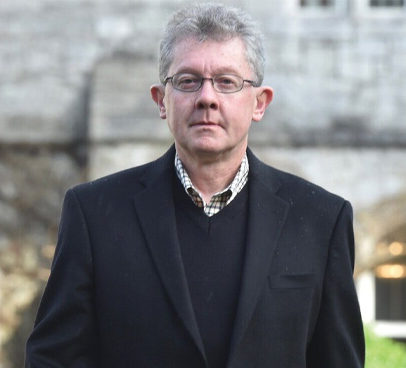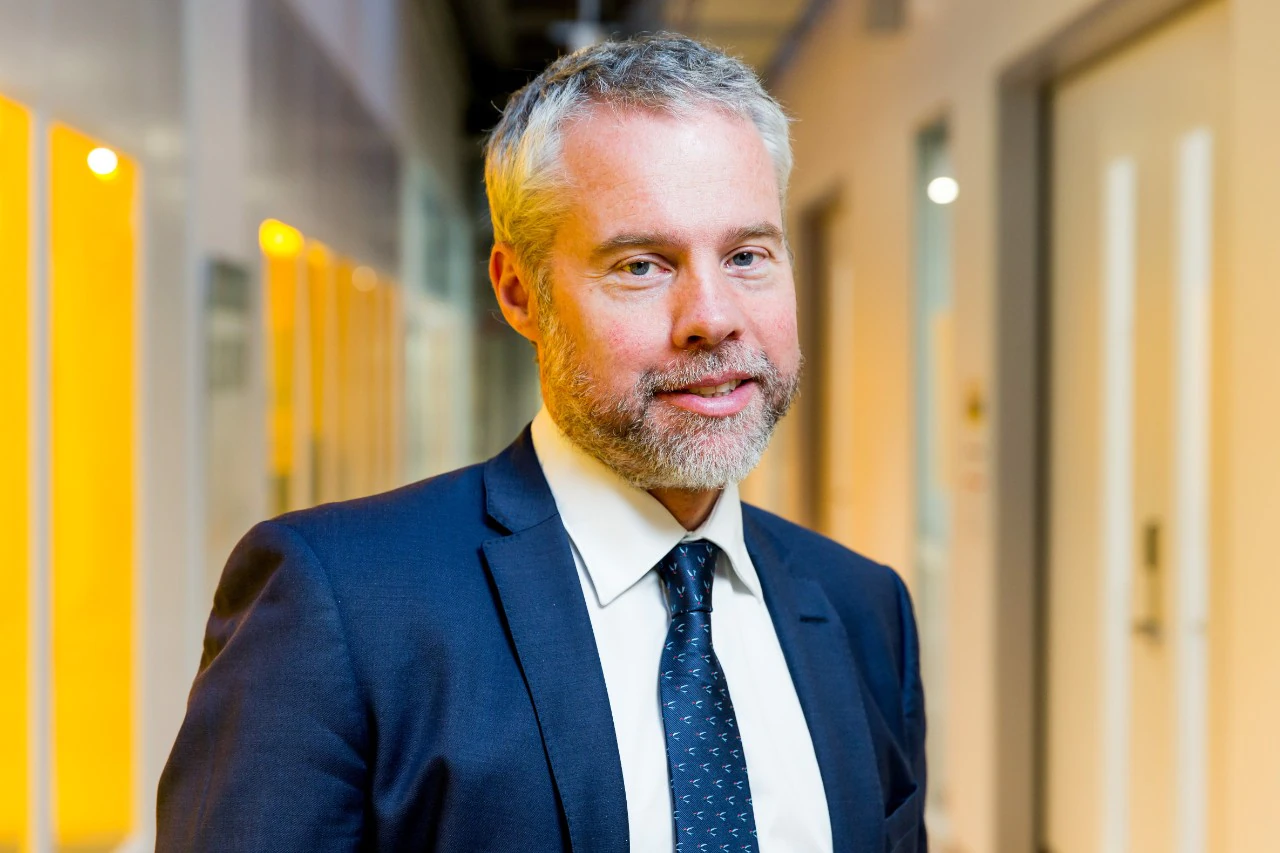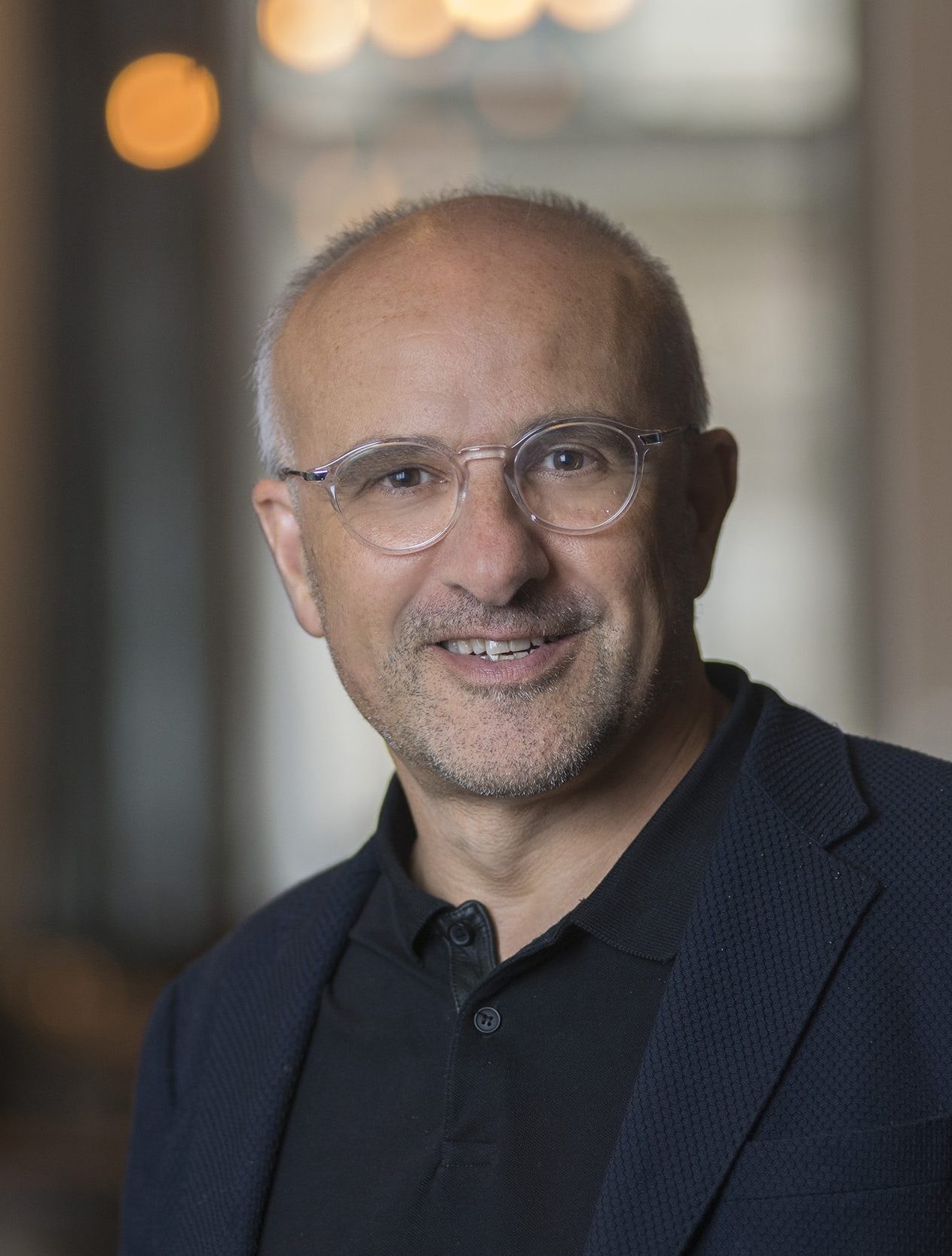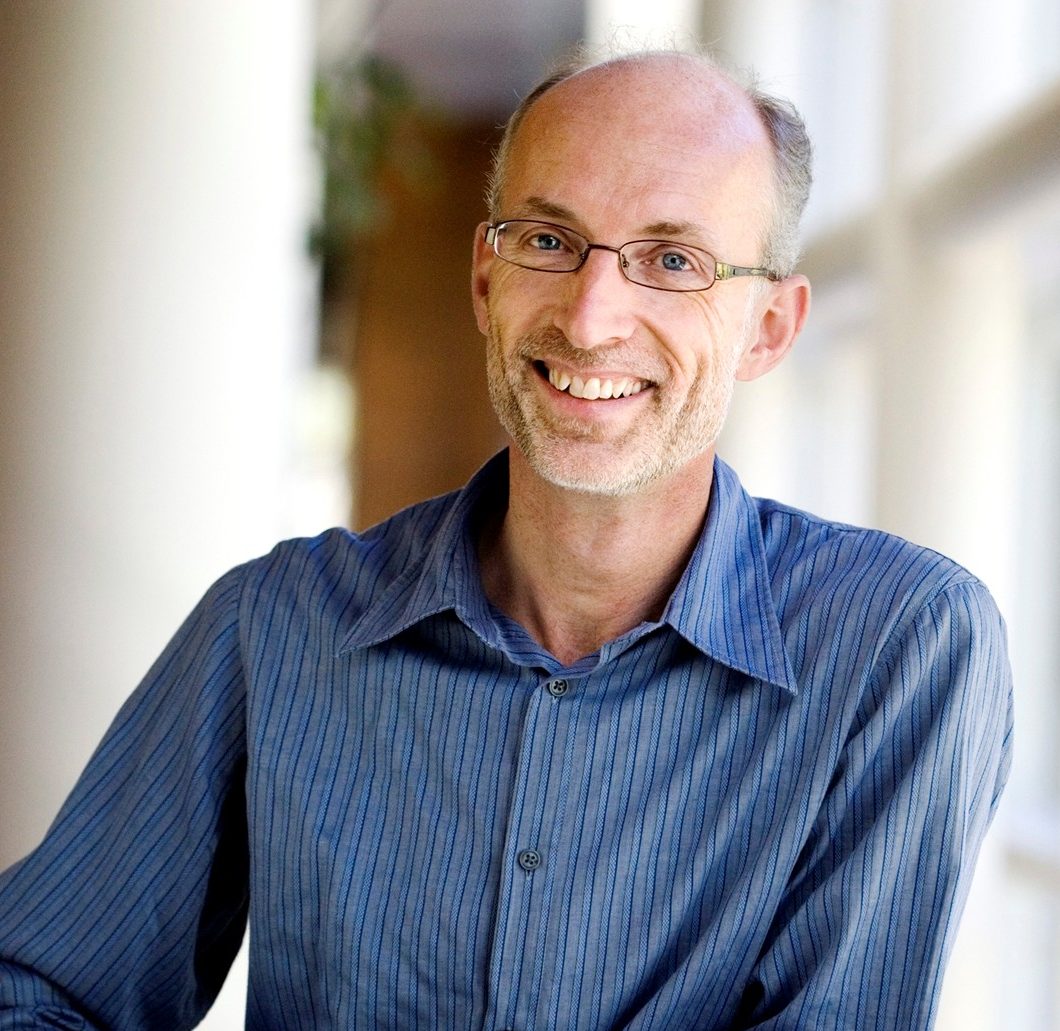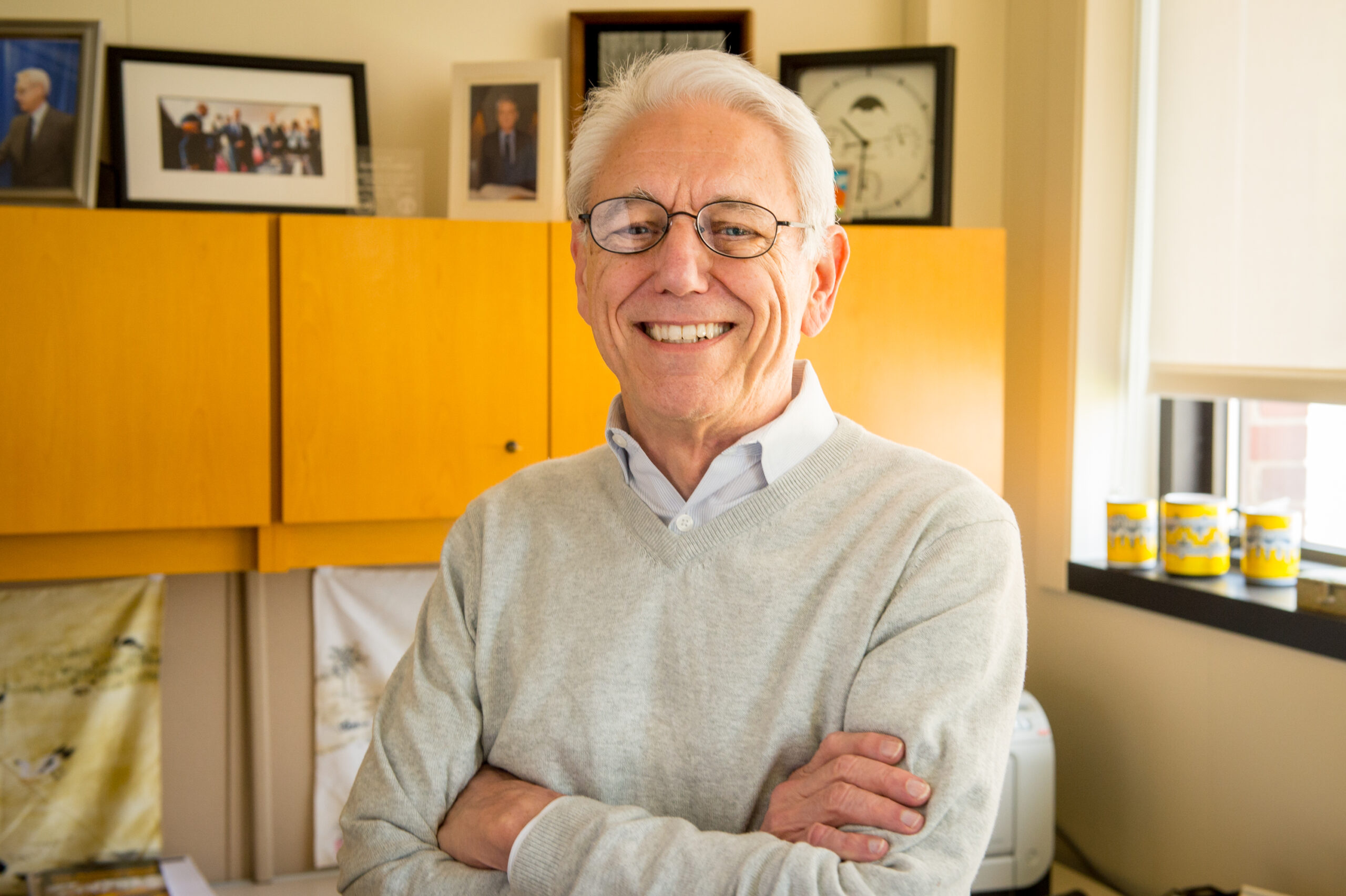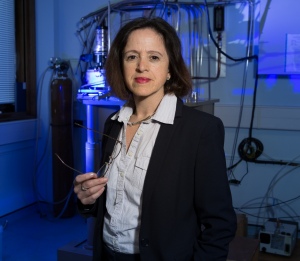
Dr. Lesley Cohen
Chair of the Advisory Board, Professor of Solid State Physics
Lesley Cohen is a Professor of Solid State Physics at Imperial College London. Her research focuses on quantum interference for organic thermoelectric, energy-efficient solid-state caloric cooling, competing for exchange antiferromagnets for spintronics and long-range triplet superconductivity. She is currently the Consul for the Faculty of Natural Sciences and Education at Imperial College and recently stepped down as head of Experimental Condensed Matter. She received the Imperial College Julia Higgins Award for her contribution to the promotion and support of women in science and remains committed to equality and diversity within STEM.
Dr. Cohen has served on numerous Boards including Superconductivity, Science and Technology; Imperial College Consultants ICON; the Education Board for the Institute of Physics; Kings College London Science Advisory Board; and the External Advisory Board of IFW Dresden and the EPSRC Materials Strategic Advisory Technical Panel.
Research website: www.imperial.ac.uk/people/l.cohen

